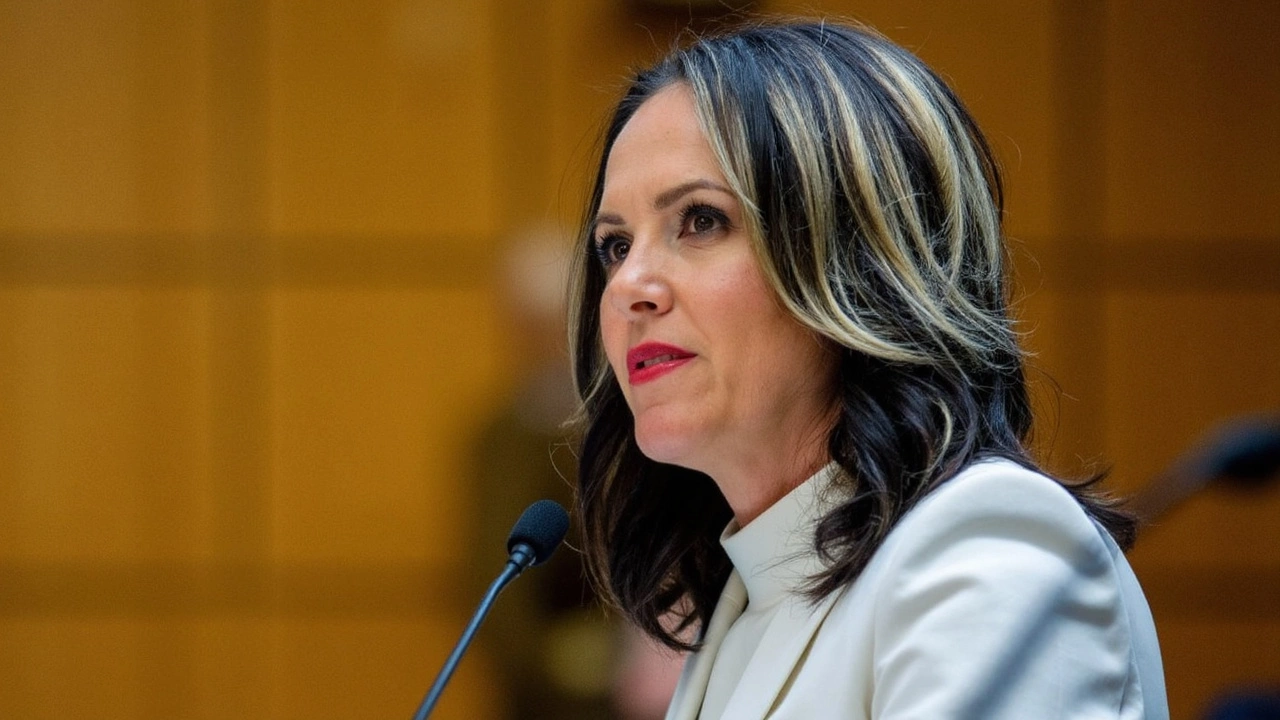Tulsi Gabbard's Swift Political Evolution
In a surprising turn of events, the U.S. Senate has confirmed Tulsi Gabbard as the new Director of National Intelligence (DNI) with a narrow 52-48 vote. This decision, made on February 12, 2025, marks a drastic shift in Gabbard's career. Once known as a Democratic congresswoman, she has now aligned herself with the Republican party and taken on a pivotal role in the Trump administration.
Gabbard's journey to this position has been anything but ordinary. Having joined the Republican Party in October 2024, she quickly ascended the ranks to oversee all 18 U.S. intelligence agencies. In her new capacity, she will be responsible for advising President Trump on critical matters of national security.
The Controversies Surrounding Her Appointment
Gabbard's confirmation has not been without its share of controversy. Her past political stances have drawn intense scrutiny, primarily due to a 2017 meeting with Syrian dictator Bashar al-Assad and her skeptical views on NATO's actions during the Russia-Ukraine conflict. Gabbard's earlier support for whistleblower Edward Snowden, known for exposing U.S. surveillance practices, has only added to the debate.
During her Senate hearing, Gabbard notably retracted her previous opposition to Section 702 of the Foreign Intelligence Surveillance Act (FISA), which allows warrantless surveillance on foreign nationals. Some worry this reversal could pave the way for inappropriate surveillance on domestic groups, igniting fierce debate over privacy and civil liberties.
Senator Elizabeth Warren voiced significant concerns about Gabbard's appointment, suggesting her past rhetoric aligns too closely with U.S. adversaries. There is apprehension that this could erode trust in U.S. intelligence-sharing alliances.
Despite these challenges, notable Republicans, such as Susan Collins and Todd Young, backed Gabbard, emphasizing her unique perspective and potential to bring fresh insights to intelligence operations. Yet, even within her party, dissent was evident as Sen. Mitch McConnell opposed her confirmation.
As Gabbard steps into her role as DNI, she faces the daunting task of coordinating intelligence across various agencies, ensuring seamless information flow to the lawmakers of the Oval Office, and restoring faith in U.S. intelligence capabilities amidst an era of geopolitical tensions.





